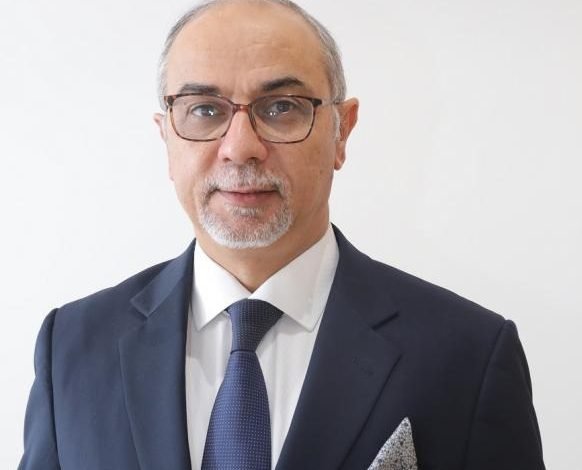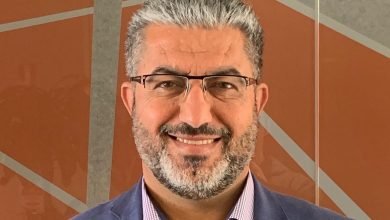
By: Prof. Khalid Wasif Al-Wazani
Jordan Daily – At a time when most governments meet to discuss challenges or crises, and as nations navigate through global VUCA environment — volatility, uncertainty, complexity, and ambiguity — the United Arab Emirates has, since 2017, established its Annual Government Meetings as a unique model of good governance. These gatherings are not conventional conferences; they are designed to evaluate achievements, review performance, and chart the future, with a collective spirit that believes success is measurable and that progress is never a matter of chance or luck.
The UAE Government’s meetings for this year 2025 were not limited to announcing new initiatives, but rather focused on measuring the real impact of government policies on people’s lives. Evaluation in the UAE has two dimensions — global and internal. On the global level, the UAE tracks international competitiveness indicators closely, setting its sights on being at the top of every relevant global index, working systematically toward the UAE Centennial Vision 2071 through ten-year strategic plans that ensure consistent progress toward global leadership in each decade.
On the domestic level, the government assesses the performance of all ministries and agencies against defined KPIs, recognizing and rewarding success, while ensuring accountability when results are not achieved. However, such evaluations are not bureaucratic exercises — rather, they serve as tools for continuous improvement, innovation, and redirection toward excellence and institutional leadership.
The Annual Government Meetings bring together all key officials across the national system — particularly those whose work directly or indirectly affects the public. At their core lies proactive and anticipatory thinking, which has become a hallmark of the Emirati school of public administration. Through analyzing, forecasting, and defining future challenges, these meetings promote agile planning, rapid responsiveness, flexibility in decision-making, and forward-thinking approaches to economic, technological, and labor-market developments.
This transformation has shifted the government’s mindset from reactive governance to future-making, from traditional forecasting to strategic foresight and sustainable innovation. Today, the results speak for themselves. The UAE ranks second globally in government efficiency, first worldwide in digital transformation, and third globally in artificial intelligence adoption. It is also the leading country in the region for foreign direct investment, attracting over 40% of total FDI inflows to the Middle East, and ranks third globally as a destination for outward investment. Moreover, the UAE holds the first place globally in more than 150 international indicators, and is among the top ten in over 380 global indices — a testament to the quality of its governance and its capacity for adaptation and continuous learning.
The UAE’s annual government meetings are not administrative rituals; they are an institutional methodology grounded in evidence-based policy and dual evaluation systems — global and local — where evaluation marks the beginning of renewal, modernization, and achievement. The lesson from the Emirati model is clear: success is a journey of results, and leadership is not a one-time milestone but an ongoing, cumulative path — one with no finish line, no final achievement, and no rest for those striving for excellence.
Khalid Al Wazani is Professor of Economics & Public policy at Mohammed Bin Rashid School of Government (MBRSG), he holds over 33 years of active participation in academic, public service, government, and private sector positions. He can be reach at khwazani@gmail.com .

